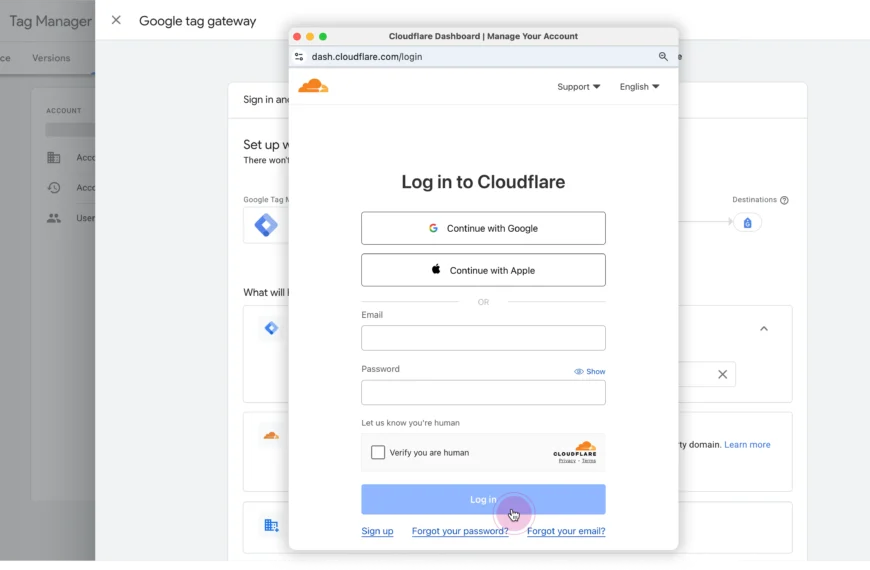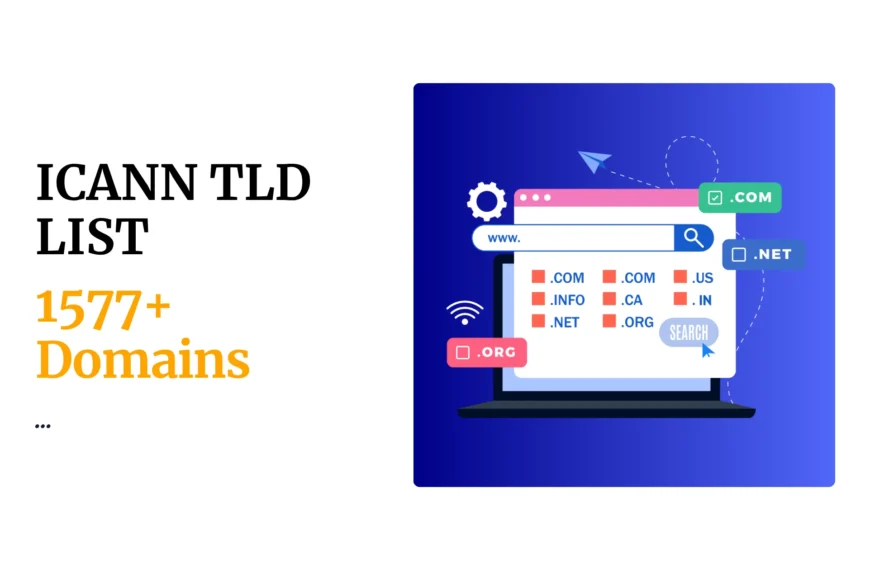Have you ever wondered if your favorite neighborhood shop qualifies as a small business?
Or maybe you’re thinking about launching your own business and aren’t sure if it would be classified as “small.”
In Kenya, understanding what defines a small business can impact the type of support, financing, and even legal regulations your enterprise might face.
Let’s break down exactly what a small business is and why this definition matters.
What is a Small Business?
A small business in Kenya typically refers to a privately owned enterprise characterized by:
- Employee Count: Usually fewer than 50 employees.
- Annual Revenue: Often under KES 5 million.
- Market Reach: Mainly serving local or niche markets rather than national or international ones.
These guidelines can vary slightly depending on industry specifics and government regulations, but these metrics serve as a general benchmark.
Key Characteristics of Small Businesses
Small businesses have distinct features that differentiate them from larger enterprises:
✔ Private Ownership: Operated and managed by individuals or small partnerships.
✔ Limited Resources: Typically have smaller budgets and infrastructure compared to larger companies.
✔ Local Community Focus: Often cater specifically to the needs of their local communities or niche audiences.
✔ Flexibility: Can rapidly adapt and innovate due to their streamlined decision-making processes.
Examples of Small Businesses in Kenya
We are always interacting, and doing business with small businesses, whether we realize it or not.
Think of
- Local kiosks selling everyday essentials.
- Neighborhood restaurants and eateries.
- Handmade crafts and artisan goods vendors.
- Freelancers and online businesses providing digital services.
Why Understanding the Definition Matters
Knowing if your business qualifies as small is essential because it can directly impact:
- Eligibility for loans and financing: Many banks and financial institutions in Kenya offer specialized loans tailored for small businesses.
- Access to government support: The Kenyan government provides incentives, grants, and training specifically aimed at supporting small enterprises.
- Compliance and taxation: Small businesses benefit from simplified taxation systems and fewer regulatory hurdles.
Advantages of Running a Small Business
Running a small business offers several appealing benefits:
- Personal Connection: You build closer relationships with customers and the community.
- Control and Flexibility: You maintain greater control over business decisions and strategies.
- Innovation: Easier to implement new ideas and quickly respond to market changes.
Challenges Faced by Small Businesses
However, being small comes with its own set of challenges, such as:
- Limited access to funding.
- Higher vulnerability to economic fluctuations.
- Struggles with scaling up due to limited resources.
Supporting Small Businesses in Kenya
When you support a small business, you contribute directly to the growth of your local economy.
Here are practical ways to support small businesses:
- Shop locally whenever possible.
- Promote small businesses through word of mouth or social media.
- Provide feedback and constructive suggestions to help them improve their services.
 Domain SearchInstantly check and register your preferred domain name
Domain SearchInstantly check and register your preferred domain name Web Hosting
Web Hosting cPanel HostingHosting powered by cPanel (Most user friendly)
cPanel HostingHosting powered by cPanel (Most user friendly) KE Domains
KE Domains Reseller HostingStart your own hosting business without tech hustles
Reseller HostingStart your own hosting business without tech hustles Windows HostingOptimized for Windows-based applications and sites.
Windows HostingOptimized for Windows-based applications and sites. Free Domain
Free Domain Affiliate ProgramEarn commissions by referring customers to our platforms
Affiliate ProgramEarn commissions by referring customers to our platforms Free HostingTest our SSD Hosting for free, for life (1GB storage)
Free HostingTest our SSD Hosting for free, for life (1GB storage) Domain TransferMove your domain to us with zero downtime and full control
Domain TransferMove your domain to us with zero downtime and full control All DomainsBrowse and register domain extensions from around the world
All DomainsBrowse and register domain extensions from around the world .Com Domain
.Com Domain WhoisLook up domain ownership, expiry dates, and registrar information
WhoisLook up domain ownership, expiry dates, and registrar information VPS Hosting
VPS Hosting Managed VPSNon techy? Opt for fully managed VPS server
Managed VPSNon techy? Opt for fully managed VPS server Dedicated ServersEnjoy unmatched power and control with your own physical server.
Dedicated ServersEnjoy unmatched power and control with your own physical server. SupportOur support guides cover everything you need to know about our services
SupportOur support guides cover everything you need to know about our services








